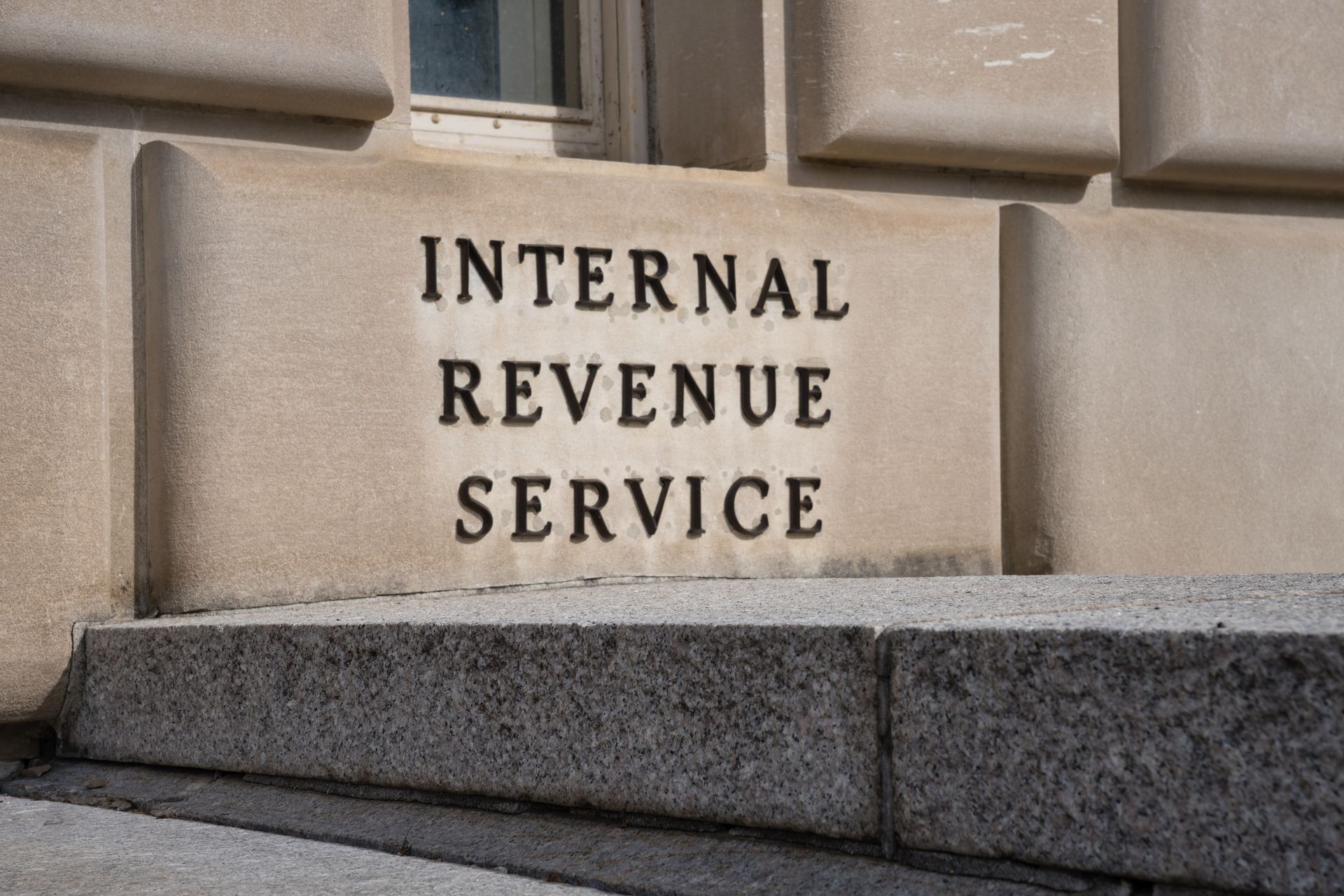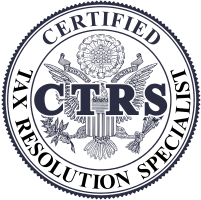By Jeff Pomerantz
•
July 18, 2025
When you receive an IRS audit notice, it’s easy to panic — often because of misinformation. Myths about audits cause unnecessary fear and mistakes that could have been avoided. At Shield Tax, we believe the best approach is knowledge: understanding what an audit is, what it isn’t, and how to respond properly. Let’s break down some common misconceptions and facts to help you navigate an audit confidently. Myth #1: An audit means the IRS thinks you committed fraud. Fact: An audit doesn’t necessarily imply fraud or wrongdoing. Many audits are triggered by: Statistical anomalies (your deductions or credits differ from others in your income bracket) Inconsistencies between your return and third-party reports (like W-2s and 1099s) Large charitable contributions, repeated business losses, or substantial home office deductions Random selection as part of IRS compliance efforts Being audited simply means the IRS wants to verify certain information — it’s not an accusation. Myth #2: Audits always involve a scary in-person meeting. Fact: There are three types of IRS audits, and most are conducted by mail: Correspondence audit: The IRS requests documentation by mail for specific items — this is the most common audit type. Office audit: You’re asked to appear at an IRS office with relevant records. Field audit: The most comprehensive type, where an IRS agent visits your home, business, or representative’s office for a detailed review. Understanding your audit type is key to knowing how to prepare. Myth #3: If you can’t find all your records, you’re doomed. Fact: While documentation is essential, missing records don’t automatically result in failure. If you can’t locate specific receipts or statements, a tax professional can often help reconstruct records using reasonable estimates supported by other evidence (e.g., bank statements or logs). The worst thing you can do is panic and ignore the audit — responding properly is always better than inaction. Myth #4: You have to handle it yourself. Fact: You have the right to professional representation at every stage of the audit. An enrolled agent, CPA, or tax attorney can: Communicate directly with the IRS on your behalf Ensure documentation is complete and properly presented Help keep the audit focused on specific issues Protect your rights and advise you on appealing, if needed For more complex audits, professional help can reduce both stress and exposure. Myth #5: Audits always end with you owing more. Fact: Audits can have several outcomes: No change: Your return is accepted as filed. Agreement: You accept proposed adjustments and pay additional tax (plus penalties and interest, if applicable). Disagreement: You dispute the findings, triggering an appeal process. Even when additional tax is assessed, payment arrangements can often be negotiated. Best Practices for Navigating a Tax Audit Beyond busting these myths, here’s what we recommend for successfully managing your audit: Read the notice carefully: Identify what’s being reviewed and what documentation is requested. Respond promptly: Deadlines matter; ignoring an audit notice can escalate the situation unnecessarily. Organize your records: Clear documentation reduces questions and delays. Answer precisely: Only respond to what the IRS asks; volunteering additional information can expand the audit scope. Maintain professionalism: Polite, cooperative conduct makes a big difference in tone and outcome. Prepare for the Future Even after resolving an audit, you can reduce your audit risk going forward by: Keeping all documentation for 3–7 years Reporting all income, including freelance and side jobs Avoiding estimates — use precise, documented numbers Separating business and personal expenses carefully Shield Tax: Here to Help You Through Your Audit An IRS audit doesn’t have to mean chaos, stress, or unfair penalties. With the right approach and professional guidance, most audits can be resolved efficiently. At Shield Tax, we help individuals and businesses prepare for audits, communicate effectively with the IRS, and protect their rights throughout the process. Call us today for a free consultation — let’s help you navigate your audit with confidence and clarity.














